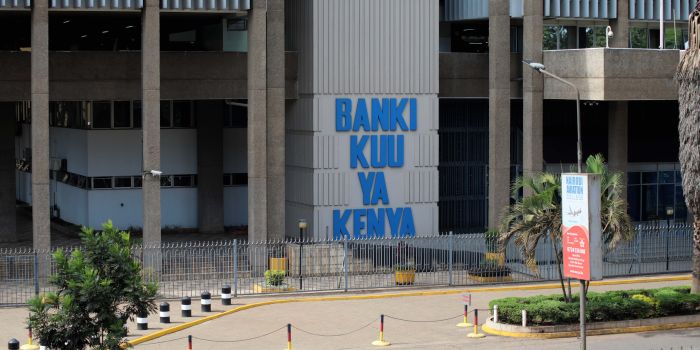In 2022, the Central Bank of Kenya started talks with all the digital payment service providers to minimize their prices. The bank argued that the service providers had room to charge clients less. According to the National Payment Strategy of 2022 – 2025, the reduction done during the Covid-19 pandemic was not enough.
On Wednesday 3rd May 2023, the CBK launched the Kenya Quick Response Code Standard 2023 that includes all players in the banking and telecom industries. The launch was done at the Safari Park Hotel and was led by CBK Governor Patrick Njoroge.
What is the New Mobile Payment System
You will soon be paying for goods and services at supermarkets and local shops through a Quick Response (QR) code with your smartphones. Payment service providers (PSPs) like Pesaflow, Airtel Money, Safaricom, and banks like Absa, KCB, and Equity will give merchants the QR codes to those who accept digital payments.
This intends to regulate mobile and internet-based payment platforms that charge higher than banks during cash transfers and payments.
How the New Mobile Payment System Works
The Merchants’ QR code will contain their data like the business name and amount due. You will scan it from the provider’s apps such as KCB mobile banking, Equity, or M-Pesa to pay. Lastly, you can confirm the merchant details and finalize the process by entering your PIN.
Governor @njorogep goes shopping! Watch as the Governor makes some purchases using the newly-launched QR Code Standard. pic.twitter.com/FqleJx6T1D
— Central Bank of Kenya (@CBKKenya) May 3, 2023
After the process, you will receive an SMS or a notification in the app. You will also be able to download a receipt for future reference.
Importance of the New Mobile Payment System
The new mobile payment system will protect PSPs by securing their CBK-regulated activities from shocks coming from other business enterprises. It will also increase speed and affordability of payment services.
The segregation of mobile money businesses from other businesses by telcos will offer a secure, efficient, and collaborative payment system to support innovations and financial inclusion to benefit Kenyans. This will, in turn, enhance resilience and strengthen governance.
Kenya is the latest country to put in place a standardized QR payment system. Other countries are South Africa, Jordan, Bahrain, India, Singapore, Saudi Arabia, China, and the Philippines,
It is a notable effort by the industry regulator to increase transaction speeds, reduce costs, and enhance overal efficiency in the industry.




